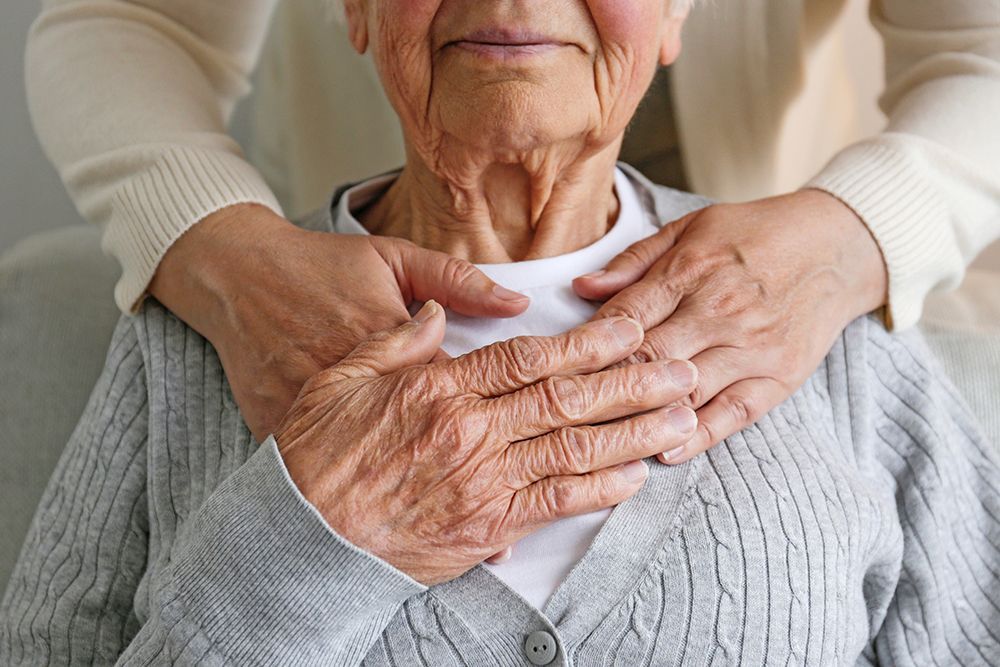Hospice Care
Loving Care and Compassion
The Elliot VNA Hospice is a shared approach to end-of-life care, led by the choices made by the patient, his or her family and the patient's physician. We listen to the unique needs, hopes, and challenges in every life with proactive, comprehensive and compassionate care.
We provide extraordinary care, support and comfort to patients and families as they face the end of life. Our goal is to help you live life fully for as long as possible.
We empower caregivers to offer confident support of the patient's care plan.
We focus on living each day to the fullest.
- The patient's physician continues to oversee medical care, with the assistance of our Hospice Medical Director. In the event that you do not have a primary care physician, our Hospice Medical Director is able to provide medical care for you.
- A primary nurse manages pain and symptom control and coordinates care with our interdisciplinary team.
- Social workers, home health aides, spiritual and bereavement counselors, and volunteers provide valuable support, respite care and other assistance, responding to the specific needs of each patient and family, as members of the team come to know them.
The Elliot VNA Hospice Annual Appeal 2026
A life‑limiting illness didn’t stop John Thompson from getting outside, staying engaged, and savoring the world he loved. Thanks to the compassionate support of The Elliot VNA Hospice team, he and his family found comfort, clarity, and precious time together. Read how hospice helped John live the best “rest of his life.”
Frequently Asked Questions
When is it time to consider hospice?
Where does hospice care take place?
How is hospice care paid for?
What is spiritual care?
Spiritual care creates a space that honors a person’s belief system about themselves, their living and dying, and their relationships with the Divine, their family, friends, community, and nature…all the things that have sustained them in earlier life. While everyone on the hospice team supports persons in their spiritual selves, Chaplains on the team are specially trained to assess for spiritual distress and spiritual coping. This assessment helps in providing care that speaks to the whole person and that helps build a framework of support and dignity for those who are dying, and that honors the wishes of those who are dying and their families. While spiritual care is not religious care, Chaplains are able to assist persons in connecting to their religious community for additional support that helps in coping with end of life.
If you would like more information about Spiritual Care, or to arrange for a visit, please contact the hospice program at The Elliot VNA Hospice 603-622-3781.

